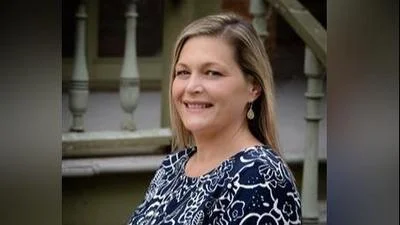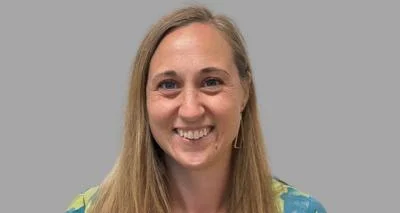Rep. John Macco | Twitter
Rep. John Macco | Twitter
Rep. John Macco is hoping 2022 will be the year his Police Parity bill becomes official.
"As we look toward 2022, it’s good to reflect on our accomplishments in 2021,” Macco recently posted on Twitter. “In February, I reintroduced my Police Parity bill with Rep. Steffen. AB 176 passed out of committee, and in 2022 I look forward to it being scheduled on the Assembly floor.”
The bill that would allow sheriffs to authorize certain non-citizens to become police officers comes at a time when recruiting and retaining officers across the country has become as challenging as it’s ever been.
Green Bay police chief Chris Davis recently put in a request to use $150,000 of the city’s federal COVID-19 relief funds to address the issue and the city is now looking to pay potential new officers up to $10,000 in moving expenses.
“We did this in a contingency model because it's really hard to predict exactly where we will get new hires from,” Davis told Fox News 11, adding out of 187 police officer positions Green Bay currently has nine vacancies.
All the unfilled positions are going a long way in fueling Davis’ plan over the next two years to allocate at least $100,000 toward paying moving expenses of new recruits, with any unused money being added to the $50,000 pool he wants to spend on professional development as part of the overall plan to retain the officers the department already has on staff.
It's a plan Mayor Eric Genrich says he's completely on board with, adding “we're sending out the invitation far and wide to all highly qualified officers. We'd love for them to be working in the City of Green Bay.”
Across the country, many see the “perfect storm” developing in police departments as fewer candidates are entering the profession, police officers are being publicly criticized following the killing of unarmed blacks, departments are slashing their budgets and officers are retiring faster than they can be replaced.
Director of Government Affairs for the Fraternal Order of Police of Ohio Michael Weinman deems the national shortage of officers "a crisis across the country."
Between 1997 and 2013, the number of sworn-in officers across the country continued to rise, but over the next three years on record that number dropped by more than 23,000 officers, according to the department's Bureau of Justice Statistics.






 Alerts Sign-up
Alerts Sign-up